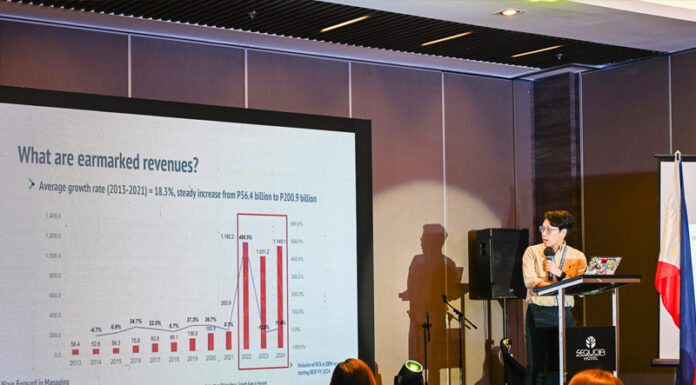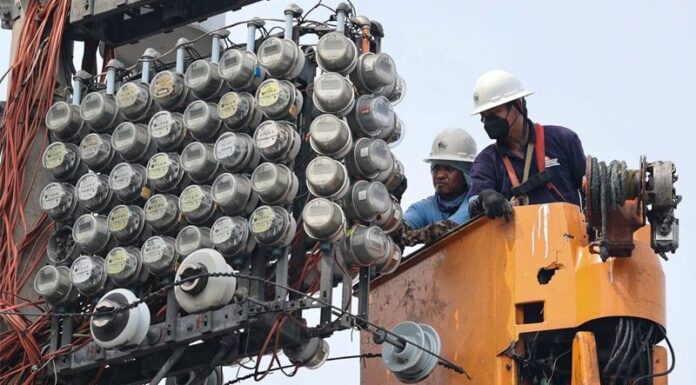THE digital era has already prodded classrooms and government transactions to go paperless. Files are now stored in cloud-based storages, and even signatures can be affixed digitally. Gone are the days that we used to bring floppy disks and USB flash drives to computer shops whenever we want to print files and documents.
With the digitalization that’s transpiring in full swing, brands and businesses have to cope with the changes. They wouldn’t want to have the same fate with brands that failed to adopt to themarket trends and eventually faced their unfortunate demise like Nokia and Kodak. This article will be focusing on the digital displacement that is currently affecting physical bookstores and stationery stores and companies.
Personally, I believe that National Bookstore monopolizes the mainstream bookstore slash stationery physical store here in the Philippines. There are other companies which are worthy to be its opponent (Pandayan Bookstore, etc.), but nothing beats the popularity of National Bookstore. In the pre-pandemic era, National Bookstore’s presence in malls is immense, and during school preparation season (May), the store is jam-packed with its patrons.
This is primarily due to its wide product assortment that caters to the needs of not just students but almost all customer segments. Over the years, the company has proven that market segment expansion while simultaneously adding to product lines is indeed a good business strategy.Traditional stationery stores sell paper products, writing instruments and office supplies while the traditional bookstores offer just books. I think this is the primary point of differentiation of National Bookstore over its contemporaries because it dared to combine school and office supplies and books into one physical store. And the customer acceptance is really phenomenal.
But in recent years, National Bookstore has quietly shuttered several underperforming branches, especially in malls where foot traffic has declined or shifted to more digitally-oriented retailers.“According to global stationery industry reports, demand for traditional writing tools has dropped by over 30% since 2015, with sharper declines in urban and developed regions. Educational institutions, one of the biggest consumers of writing supplies, have accelerated their shift to digital learning platforms, especially after the COVID-19 pandemic normalized remote education”.
The company has also embarked on a rebranding effort. Recent statements from executives point to a pivot toward lifestyle and learning—beyond books and ballpoints. Select branches are now being revamped into creative hubs, offering curated experiences such as workshops, co-working spaces, and digital accessories rather than aisles of filler paper and fountain pens. The aim is to reposition National Book Store not just as a retailer, but as a learning and inspiration destination for the modern Filipino.
For businesses like National Book Store, the challenge is balancing nostalgia with necessity. There’s still a niche market for premium writing instruments—luxury pens and artisanal notebooks maintain their appeal among creatives and collectors—but the mass-market utility of a pencil box is waning.|





















